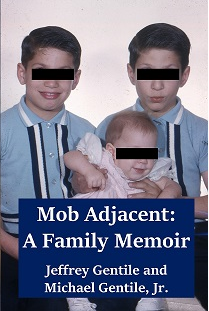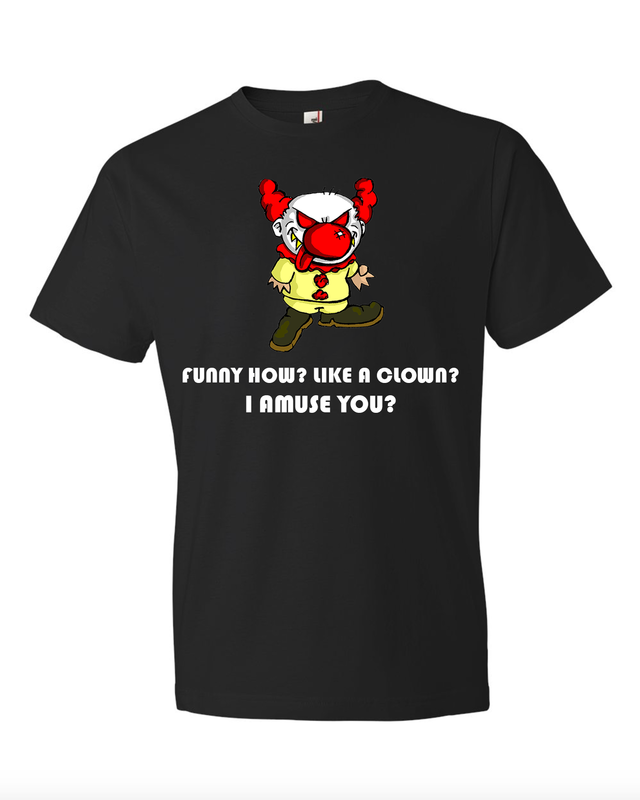|
Someone had to be first. Long before Sammy "the Bull" Gravano turned on John Gotti, Joseph M. “Joe Cargo” Valachi holds the dubious distinction as the first mobster to acknowledge, in public, on television, and under oath, that organized crime was real at a time when even J. Edgar Hoover still denied its existence. Valachi’s testimony gave a face to a world of organized crime the public knew nothing about. Valachi, who also used the aliases Charles Charbano and Anthony Sorge, was born 1903, in East Harlem. He started as a criminal by joining a burglary gang. Valachi was charged with grand larceny in 1921 and served nine months in jail. During the final years of Prohibition, Valachi found work with the Reina crime family, (now the Lucchese family) and served as a soldier during the Castellammarese War, one of the bloodiest periods in U.S. Mafia history. The trouble started when Salvatore Maranzano, head of one New York family, resisted attempts by Joe Masseria, to consolidate all families under his control. Valachi picked the winning side, fighting for Maranzano. After Masseria was murdered (likely at the decision of Lucky” Luciano) Maranzano appointed Valachi one of his bodyguards -- until Maranzano was also killed, again on the Luciano's behest. He remained a soldier in the Luciano family (now known as the Genovese family) for almost 30 years. In 1959, that streak ended when Valachi was sented to 15 to 20 years in prison on a narcotics rap. Legend says that fellow prisoner Vito Genovese gave Valachi the “kiss of death” because he suspected Valachi of informing. Rather than being famous for his exploits as a criminal, Valchi's fame came from his fame for ratting out his entire family. The reason for his actions have never been clear. Valachi claimed he wanted to help the public. According to Valachi, he panicked when Genovese kissed him and murdered a fellow inmate he mistakenly believed had been sent to kill him. Now, facing the death penalty, Valachi may have agreed to testify in order to secure a life sentence and protection instead. In any event, he squealed to everyone: the U.S. Bureau of Narcotics and Dangerous Drugs, the Justice Department, the FBI and, in testimony broadcast on radio and television, to the U.S. Senate Permanent Subcommittee on Investigations. The information helped solve several murders. More damaging, it painted a picture of the mob in America that revealed far more than anyone else had ever shared about organized crime, including its Italian name, Cosa Nostra (translated: “Our Thing”). Valachi described the history of the mob, its membership, its inner workings and its language. He also described its organization from bottom to top. Above all, he provided irrefutable evidence that organized crime was real. Robert Kennedy called Valachi’s testimony as “the biggest single intelligence breakthrough yet in combating organized crime and racketeering in the United States.” Valachi spent the rest of his life in prison, fearing for the $100,000 contract Genovese put out on his life. He wrote his memoirs, initially with the encouragement of the U.S. attorney general. But the Justice Department changed course and ultimately blocked publication of the book, in part because of protests by Italian-American group. A writer who interviewed Valachi in prison used much of the information as the basis for a biography, The Valachi Papers, published in 1968. It was later made into a movie starring Charles Bronson. Below, Charles Bronson as Joe Valchi in the 1972 film, The Valchi Papers. Prison life was difficult for Valachi, who tried to hang himself three years after his testimony. No one ever carried out the anticipated hit, and he died of a heart attack at the Federal Correctional Institution on April 3, 1971. Rats became more common after his appearance, but Valchi carries the distibction of being one of the first men in mob history to bite the hand that fed him.
Joseph Valachi’s was buried in Gate of Heaven Cemetery in Lewiston, N.Y. |
Categories
All
|








 RSS Feed
RSS Feed


